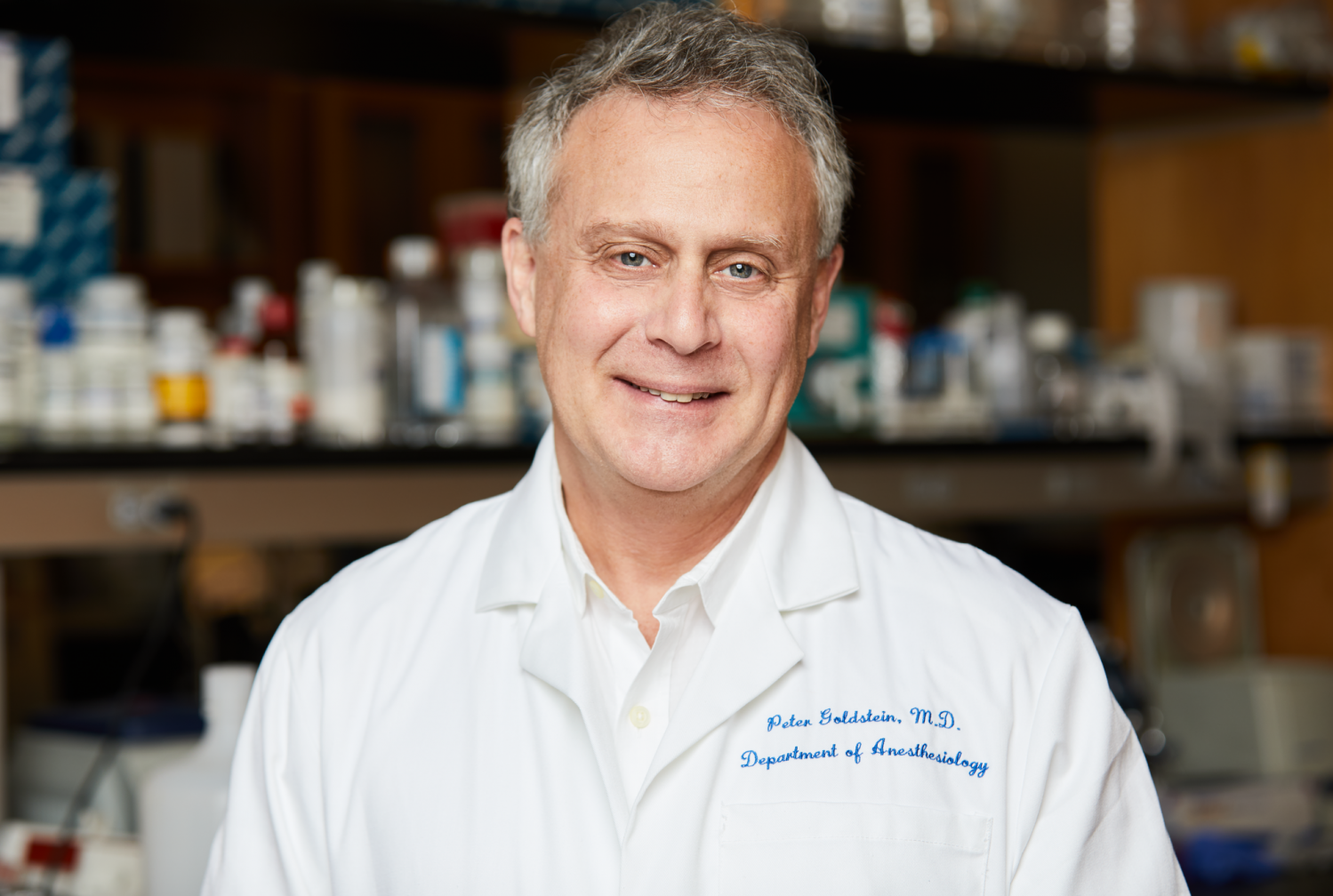Early exposure to a medical setting helps confirm students' interest in medicine and enhances their understanding of the life of a professional physician, according to researchers from Weill Cornell Medical College.
Their commentary, published in November in Perspectives on Medical Education, advocates well-rounded education that equips undergraduate students with essential patient-care skills, such as history taking and physical examination, coupled with learning that is experienced through direct observation of physician-patient interactions, a practice known as physician shadowing.
"Shadowing is an excellent opportunity for college undergraduates to begin to explore and develop their own professional identity with the assistance of a willing role model or mentor," said Dr. Peter Goldstein, a professor of anesthesiology at Weill Cornell and the lead author of the article. "Established practitioners can initiate students into the culture and practice of medicine and help them understand what it's like to be in a healthcare professional's shoes."
"In addition, students spend time learning about interpersonal skills and how to relate to a patient as a person, not just a medical problem. Hopefully, this sense of humanity carries over to medical school and then live practice," Dr. Goldstein added.
The typical four-year medical school curriculum offers classroom-based learning over the first two years and shadowing rotations through the different medical specialties in years three and four. But the authors believe rotations, along with coursework helping students learn to be professionals, should be introduced at the undergraduate level.
For example, Cornell University's Urban Semester Program (USP) allows undergraduate pre-med students to join in three to four different medical rotations with senior physicians-cum-mentors. Students observe their instructor's patient-interactions and critique the behavior in a formal group setting. The process helps students form their own communication styles and improves their capacity for sympathetic understanding, according to Dr. Goldstein and his co-author, Dr. Sam Beck, USP's director.
"USP brings in Weill Cornell physicians who share various aspects of their practices and personal lives. This experiential teaching is unique in medical education," Dr. Beck says. "The goal is for students to become compassionate, competent physicians who serve the best interests of individual patients and the community."
For example, in one seminar, students reflect on breaches of professionalism that they observe in the clinical arena, discuss why they occur and what methods of recourse are available to them as learners and future physicians. The seminar, led by commentary co-author Dr. Carol Storey-Johnson, associate professor of clinical medicine and senior advisor for medical education, is offered to help students understand the "hidden curriculum" in medical education — the subtle messages they get through their informal interactions with healthcare professionals about how physicians should behave.
The majority of USP students are highly satisfied with the program, according to an informal survey by Drs. Goldstein and Beck. They asked 28 course participants to anonymously rate their learning experiences. Eighty-five percent of respondents cited physician shadowing, professional practice seminars, and reflective thinking as powerful learning experiences. Nearly 80 percent said the program helped them become better communicators. In addition, 68 percent of students indicated the program changed their perceptions and attitudes toward the practice of medicine.
"Medical schools should strongly consider, collectively and in tandem with pre-medical education institutions, expediting the professional development of undergraduate students. Future physicians will be better prepared for a career in medicine," Dr. Goldstein said.

